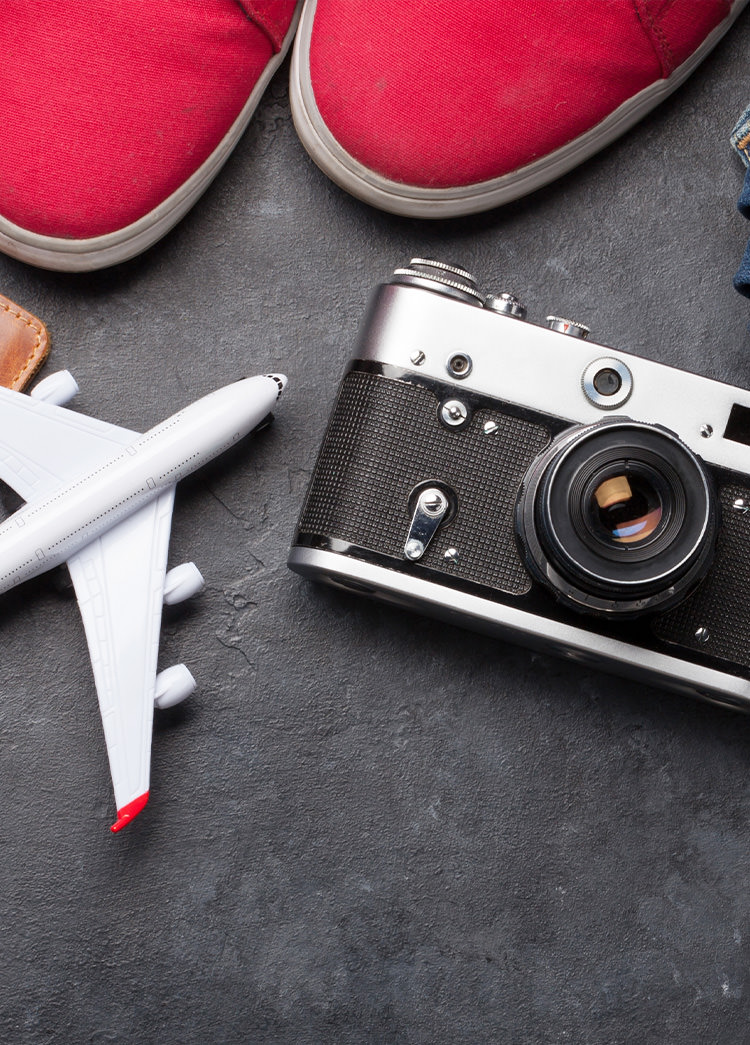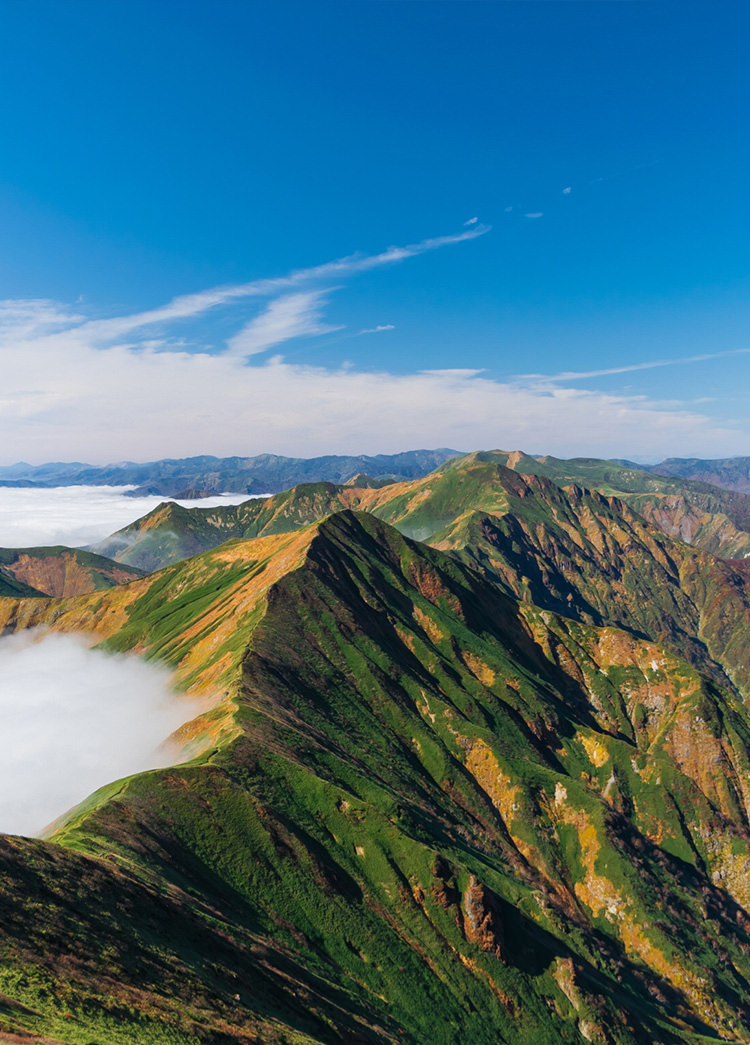Weather
Gunma's mountainous landscape means the weather can vary greatly from one area to another. The hottest months are July to September, and the coldest are December to March.
In its flatter, urban areas like Takasaki and Maebashi, the average winter temperatures are around 5 degrees Celsius while summer temperatures average around 26 degrees. Temperatures can exceed 35 degrees on some days. These areas are prone to strong northerly winds in winter.
In Gunma’s more mountainous north, summers are cooler and winters are colder, with heavy snow.









